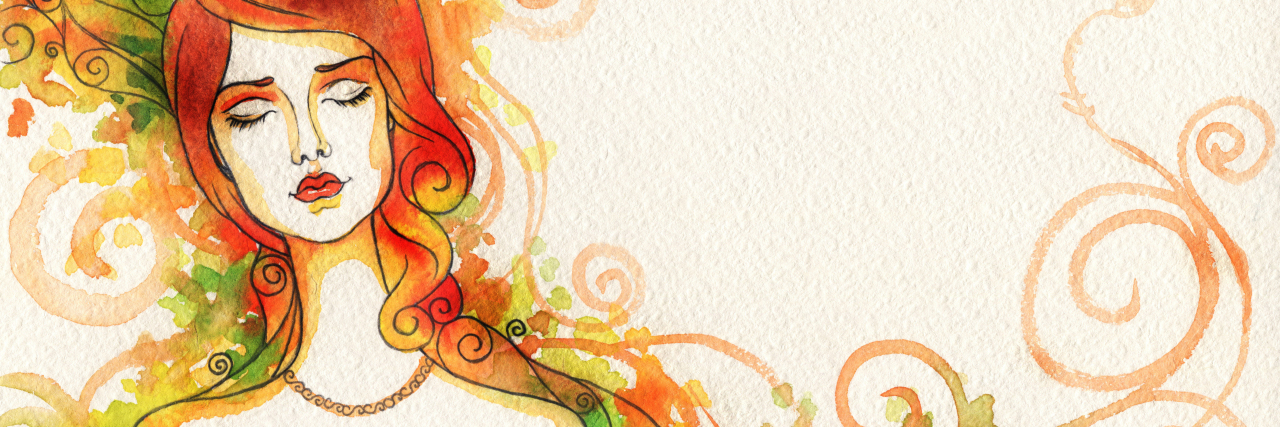When a Change in Seasons Brings a Change in Mental Illness
I was at the end of an appointment with my (former) psychiatrist when he said he wanted to see me again in mid-September. “Bipolar people start to get depressed in the fall,” he told me. Before I had time to explain to him that I, a person with over 20 years of experience with bipolar disorder, don’t think you can make that kind of generalization, he got up and opened the office door. My signal to leave.
A change in season is treated like a major event in our society, but one that comes smoothly. With the simple flip of a page in our calendars, we move from #summervibes to #pumpkinspiceeverything, hailing #sweaterweather as some new and exciting trend. (It’s not. We wear sweaters every fall and winter.) But a change in season can mean more to some people than just a change in wardrobe and Starbucks order. I have a loved one who has seasonal affective disorder (SAD). The start of fall reminds her of the depression she is going to start to experience that will hold her down until spring. Despite what my (former) psychiatrist thinks, for me, it’s the opposite.
When I start to see gardens ready to open in the spring, I know summer weather is around the corner and I get anxious. I find hot, humid weather extremely uncomfortable. My skin goes into lobster mode really quickly if I’m in the sun. People want to be outside and enjoy the warm weather; weddings, parties and family events are often outside during the summer months, regardless of how hot it is. And I, of course, understand why most people want to soak up every warm day and beam of intense sunshine since summer is only available for a limited time in Canada. Even so, when I am invited to an outdoor event, I monitor the weather forecast as far ahead as I can, hoping and praying a cold front drops on the event site to keep me from melting into a puddle of sweat. I have skipped multiple summer events because of hot, humid weather. So, I welcome cooler temperatures. I sleep better, I don’t require multiple showers a day to feel human and my pasty skin is safe under long sleeves.
For many people with a mental illness, moving through the year has its ups and downs, some predictable, some not. We brace ourselves for what we know will come, like my loved one’s SAD, and put plans in place for what may or may not appear. We maintain a constant state of vigilance year-round. A change of season may trigger memories of a certain traumatic event or time in your life. Conversely, a certain change of season may come as a relief, as fall and winter do for me.
So, for those of you out there who can’t simply turn the page on summer and joyfully jump into fall like a child jumps into a giant pile of leaves, I see you. If everyone around you gets excited by apple-picking and pumpkin carving and you just don’t, you aren’t alone. Mental illness is a bumpy ride and it doesn’t abide by the Gregorian, Julian, Hebrew or Chinese calendar. So, celebrate whatever season makes you feel good and go easy on yourself in the seasons that pull you down. Because one thing is for sure — time will pass, seasons will change and we will feel joy again.
Getty image by Anna Ismagilova

